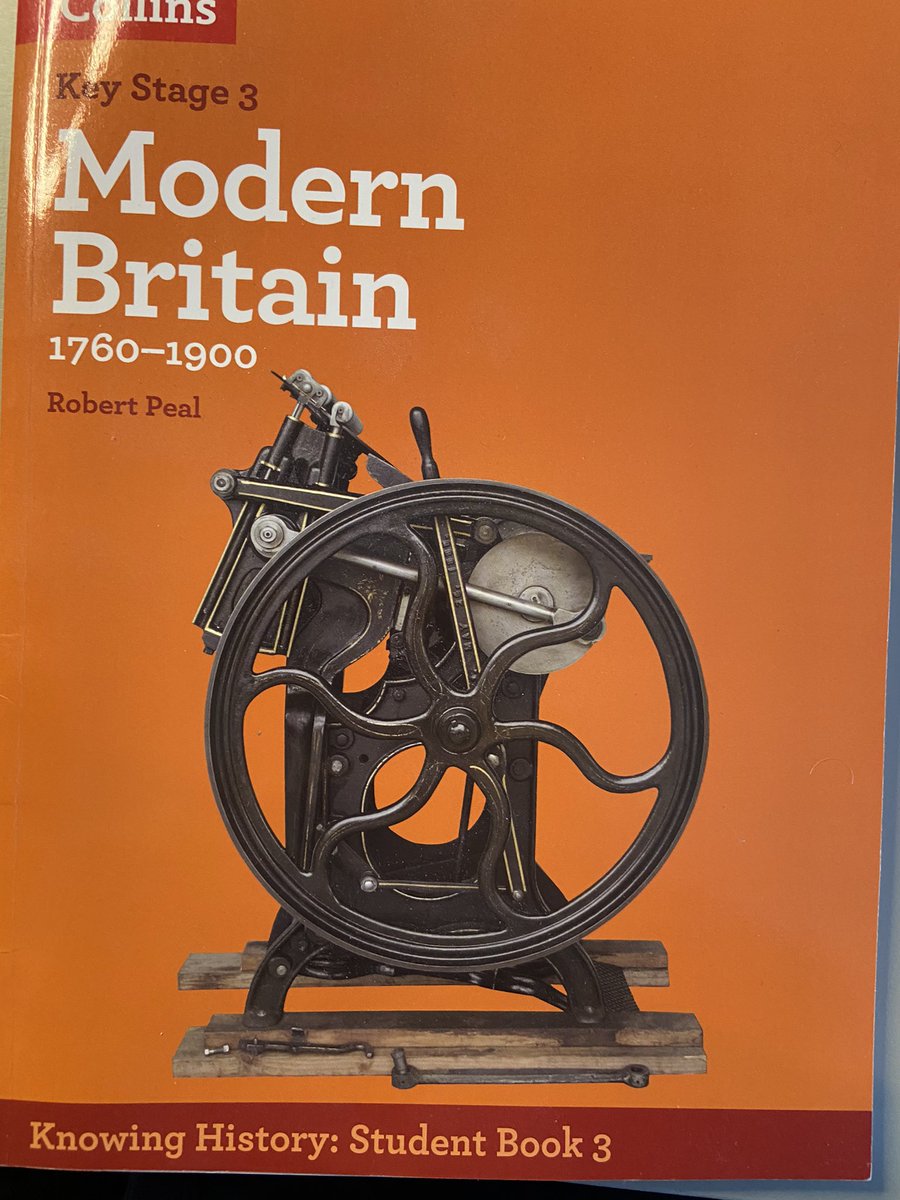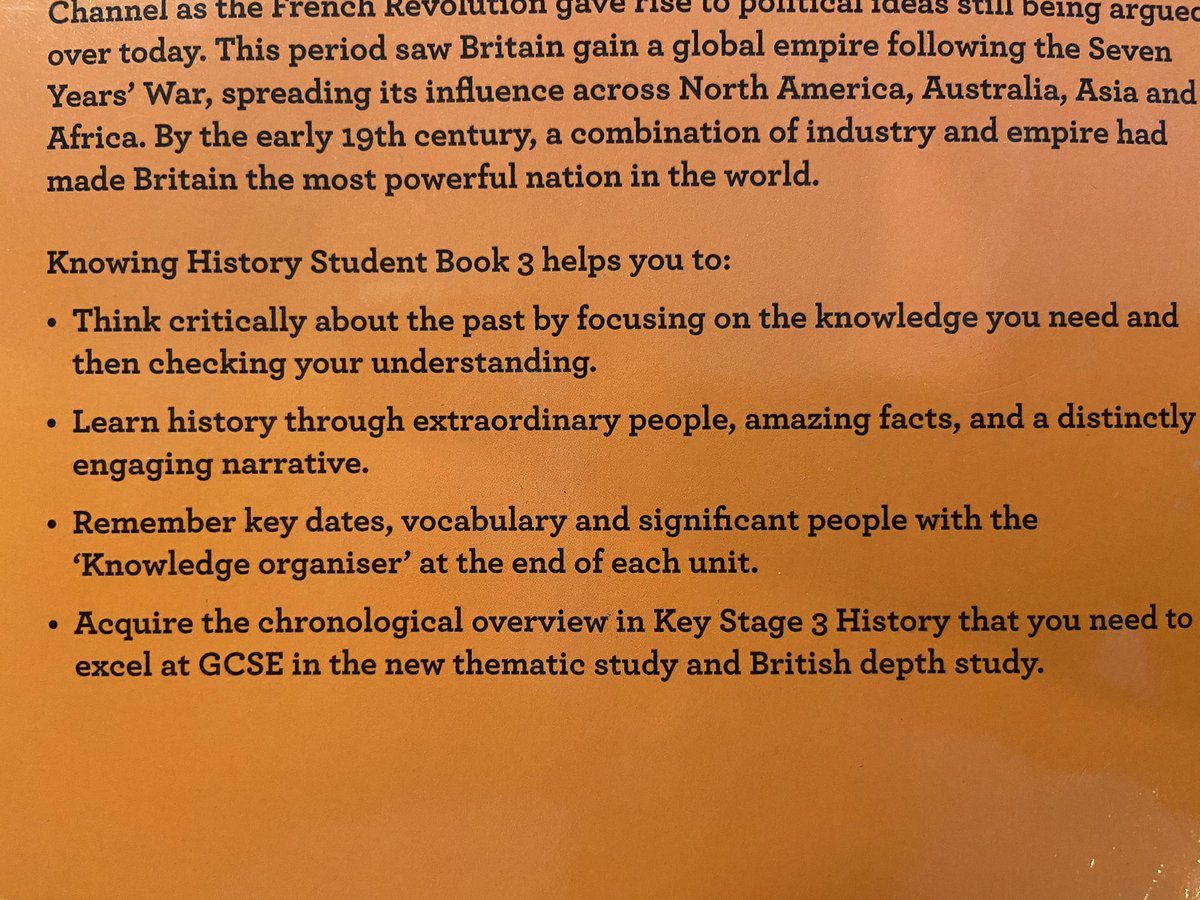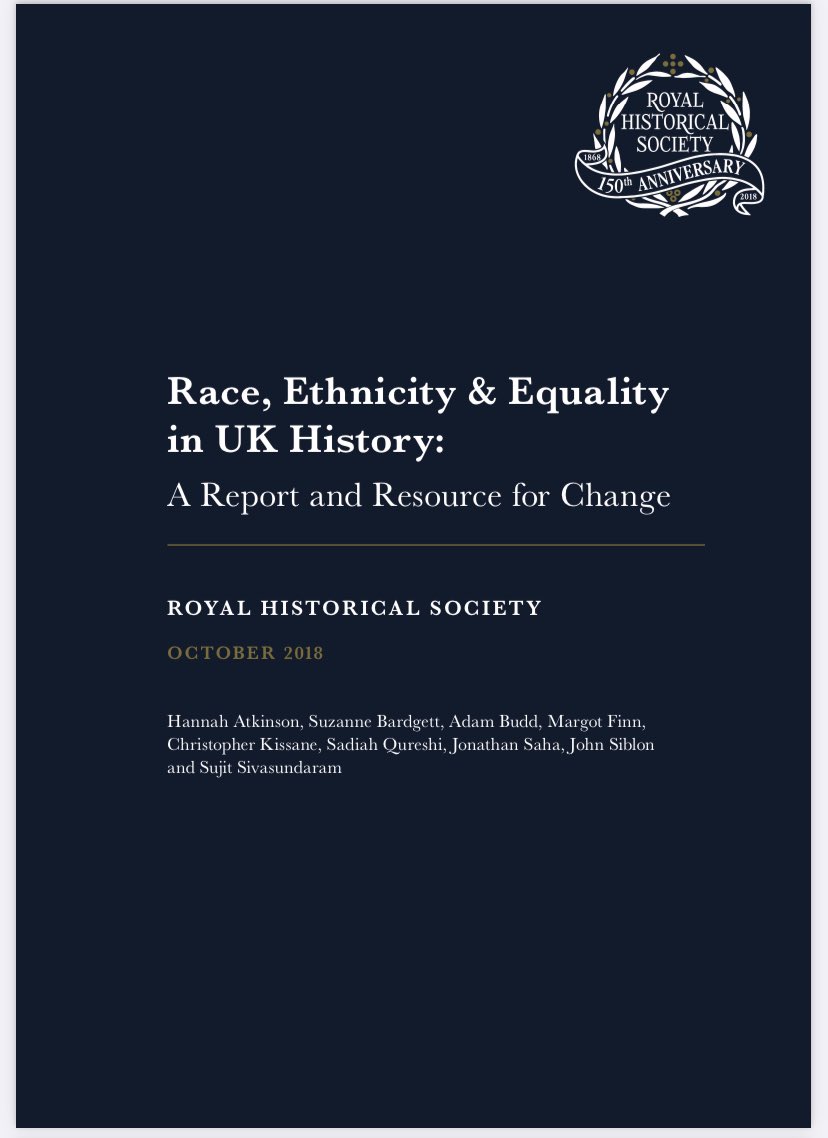One key issue the proponents of ‘powerful knowledge‘ in history teaching need to account for is why ‘race’ and racism have not been a key part of the analytical work over the last decade in terms of talks/book chapters/articles.
This is not a suggestion that the notion of ‘powerful knowledge’ does not have some use. It can become more sophisticated if the blind spots are accounted for and explained. Yet, maybe the issue is this: theory is always for someone, and for some purpose. Who does it serve & why?
Or maybe that the increased sophistication of theorising history teaching in this way has meant that certain ethical issues have been put to the side. If so, what does this mean for future use?
For example, Robert Peal’s ‘Knowing History’ series focuses on ‘the knowledge you need’. Yet, the integrity of the history within the text is lacking.
This may be the fault of the publisher in terms of demanding a certain format. The issue is that such a book is widely used in school history classrooms across England.
As we approach the summer, it is worth recalling some of the statements and comments made regarding history education in England last summer. Have those promised changes been made? Are they just additions rather than rethinks of approaches?
Moreover, I am seriously starting to worry that the @RoyalHistSoc report on ‘race’ and racism has not been read. Since it’s publication and the events of last summer, were the recommendations taken up on the whole by history educators in England?

 Read on Twitter
Read on Twitter




